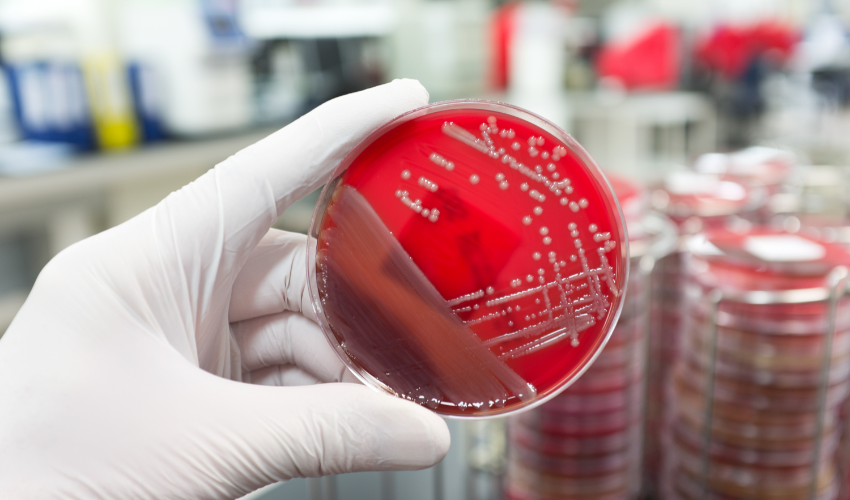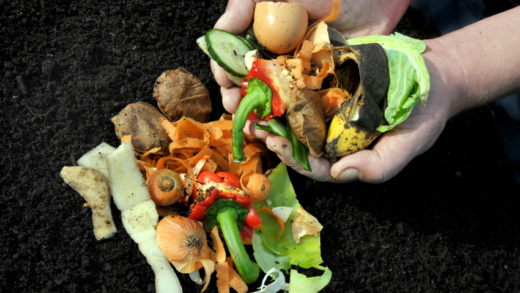Bacteria are ubiquitous in the environment, including in the foods we consume. While some types of bacteria can be beneficial to our health, others can cause illness and even death. Understanding the different types of bacteria in food is crucial to preventing foodborne illnesses and maintaining good health.
In this article, we will explore the various types of bacteria that can be found in our food and their potential effects on our health. We will also discuss the importance of proper food handling, storage, and preparation to prevent the spread of harmful bacteria.
Types of Bacteria in Food:
- Salmonella
This type of bacteria can be found in various types of food, including raw poultry, eggs, meat, and dairy products. Symptoms of salmonella infection include diarrhea, fever, and abdominal cramps. - Listeria
Listeria can be found in ready-to-eat food products such as deli meats, hot dogs, and soft cheeses. Symptoms of listeria infection include fever, muscle aches, and gastrointestinal distress. - Campylobacter
This type of bacteria is commonly found in raw and undercooked poultry, as well as unpasteurized milk. Symptoms of campylobacter infection include diarrhea, cramping, and fever. - E. coli
E. coli is commonly found in undercooked beef and unpasteurized dairy products. Symptoms of E. coli infection include abdominal cramping, diarrhea, and vomiting. - Clostridium botulinum
This type of bacteria is found in improperly canned or preserved food products. It can cause botulism, a rare but serious illness that can result in paralysis and even death.

Preventing Foodborne Illness:
- Proper Food Handling
Always wash your hands before handling food and keep all surfaces and utensils clean. Cook food to the recommended temperature and avoid cross-contamination. - Proper Food Storage
Store food at the appropriate temperature to prevent the growth of harmful bacteria. Keep hot foods hot and cold foods cold. - Proper Food Preparation
Thoroughly wash all fruits and vegetables before consuming, and avoid consuming raw or undercooked meat and poultry. Cook food to the recommended temperature and avoid leaving food out for extended periods.

FAQs:
How can I tell if my food is contaminated with harmful bacteria?
There are no surefire ways to detect harmful bacteria in food. It’s essential to follow proper food handling, storage, and preparation guidelines to prevent contamination.
Can I still consume food that has passed its expiration date?
It’s not recommended to consume food that has passed its expiration date, as harmful bacteria may have grown on the food.
What should I do if I think I have a foodborne illness?
Seek medical attention if you suspect you have a foodborne illness. Symptoms can range from mild to severe, and early treatment can prevent complications.
Are some people more at risk for foodborne illnesses than others?
Yes, certain groups, such as young children, the elderly, and pregnant women, are more vulnerable to foodborne illnesses and should take extra precautions when handling and consuming food.
What should I do if I suspect a food product is contaminated?
Contact the manufacturer or the appropriate regulatory agency to report suspected contamination and prevent further spread of harmful bacteria.
Conclusion
Understanding the different types of bacteria in food and how to prevent the spread of harmful bacteria is crucial for maintaining good health. By following proper food handling, storage, and preparation guidelines, we can reduce the risk of foodborne illness and keep ourselves and our loved ones safe.
It’s essential to pay attention to food safety warnings and recalls and to always follow recommended cooking and storage guidelines. By doing so, we can protect ourselves and those around us from potentially serious and even life-threatening foodborne illnesses.
In conclusion, the types of bacteria in food are numerous, and the potential health risks they pose can be significant. By staying informed, following proper food handling, storage, and preparation guidelines, and being vigilant about potential contamination, we can reduce the risk of foodborne illness and protect our health and well-being.






















